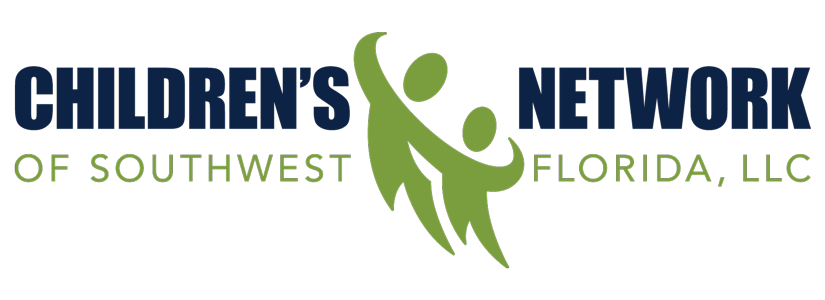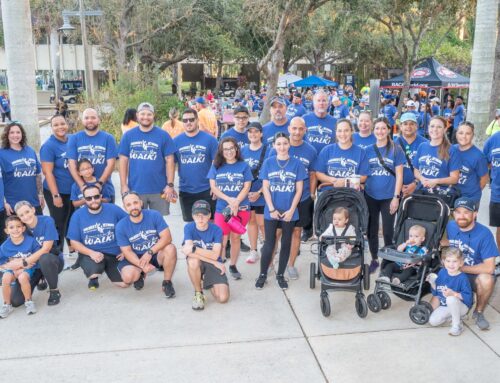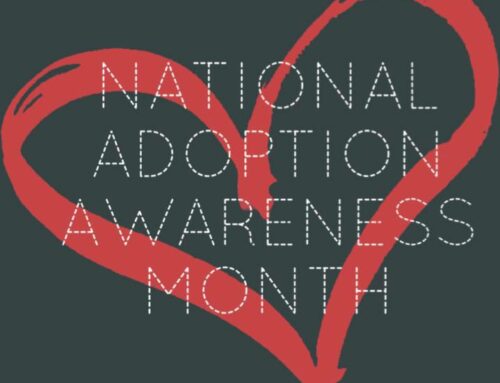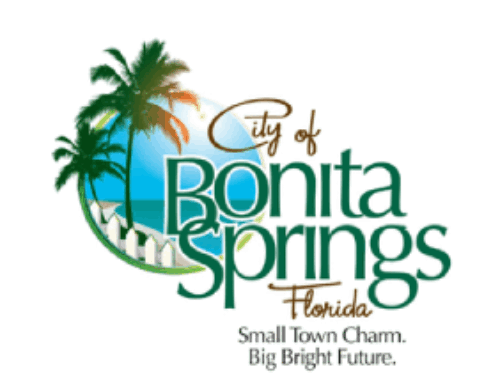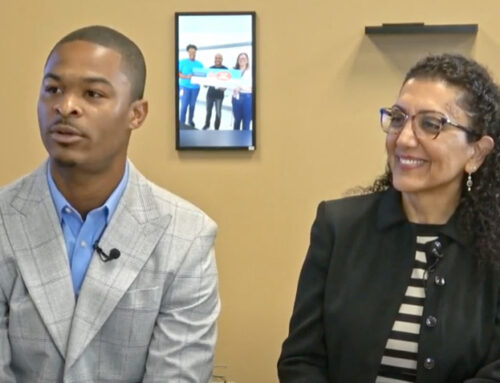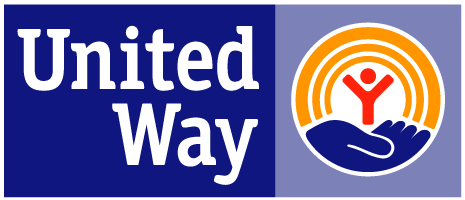10 Ways to Prepare Your Family for Disasters
Reading to your child should begin prior to delivery. Do daily after delivery for years to come.
by Irwin J. Kash, MD
Disasters can strike at any time, so it’s essential to be prepared. By taking proactive steps to prepare your family for emergencies, you can ensure their safety and well-being. Here are ten crucial ways to prepare your family for disasters:
- Educate your children about potential disasters: Take the time to have open and age-appropriate conversations with your children about different types of disasters and what they should do in those situations. This knowledge will empower them to act responsibly and calmly during emergencies.
- Stay informed about weather and disaster updates: Identify reliable sources of information, such as phone apps like the Florida Public Radio Emergency Network, NOAA Weather Radar and Alerts, The Weather Channel, or Weather Bug. Additionally, stay updated through newspaper reports, TV weather broadcasts, and national news.
- Teach fire safety: Teach your children basic fire safety measures, such as getting low to avoid smoke and feeling doorknobs for heat before opening them. Create a fire escape plan for your family and ensure everyone knows what to do in case of a fire.
- Familiarize your family with disaster signs: If you live in an area prone to hurricanes, tornadoes, or floods, educate your family about recognizing the signs of these disasters and where they should go for safety.
- Ensure children know how to call 911: Teach your children how to call emergency services like 911 and ensure they can provide their name and address accurately. Even young children can learn these essential details.
- Establish a designated contact person: Choose a person for your family to contact if you become separated during a disaster. Ideally, this person should be someone who will not be affected by the same disaster.
- Establish a meeting place: Designate a specific location outside your home where family members can gather if you are separated and unable to reach each other. This meeting place will help ensure everyone’s safety and allow you to account for each family member.
- Practice drills regularly: Regularly conduct drills for various potential disasters, such as fire drills or drills specific to the types of disasters common in your area. Consider making these drills fun and engaging for young children to reduce fear and encourage regular practice.
- Plan for evacuation: Develop a plan for evacuation and identify safe destinations in case you need to leave your home. If you have pets, ensure the chosen location accepts them.
- Create a family disaster kit: Assemble a family disaster kit ahead of time with essential supplies. Here are some items to include:
- First-aid kit
- Water (2 gallons per day per person)
- Flashlights, batteries, and chargers
- Battery-operated radio
- Non-perishable foods (canned foods, granola bars, peanut butter)
- Cups and utensils
- Spare clothes and blankets
- Toys and games for children
- Supplies for pets
- Medications (try to stay ahead of refills and keep one in the disaster kit)
Conclusion: Preparing your family for disasters is crucial for their safety and well-being. By educating your children, staying informed, practicing drills, and assembling a family disaster kit, you can enhance your family’s readiness to face emergencies. Remember, being prepared is the best defense against unexpected disasters. Stay safe!
Additional Information
- “Hurricanes, Tornadoes & Floods: Taking Care of Your Children and Yourself”
- “Flash Flood Recovery: Information for Families”
- “Hurricane Preparedness: Tips for Families”
- “Winter Storm Disasters: Facts for Families”
- Disaster Preparedness Resources for Families (AAP.org)
About Dr. McCarthy:Claire McCarthy, MD, FAAP is a primary care pediatrician at Boston Children’s Hospital, an Assistant Professor of Pediatrics at Harvard Medical School, a senior editor for Harvard Health Publications, and an official spokesperson for the American Academy of Pediatrics. She writes about health and parenting for the Harvard Health Blog, Huffington Post and many other online and print publications.
About Dr. NeedleScott Needle, MD, FAAP, is a primary care pediatrician who is the chief medical officer for Elica Health Centers in Sacramento, California. He served as the former chairperson for the federal National Advisory Committee for Children and Disasters and is currently a member of the executive committee of the AAP Council on Children and Disasters. Dr Needle has produced numerous AAP handouts and educational presentations and is the lead author for the AAP policy, Ensuring the Health of Children in Disasters.
- FEMA Online Ordering Site
- Emergency Plan for Commuters (PDF)
- Pet Owners (PDF)
- Safeguard Documents and Valuables (PDF)
- Emergency Financial First Aid Kit (PDF)
- Consumer Financial Protection Bureau Disaster Checklist (PDF)
Peace,
Irwin J. Kash MD
